Western Powers Must Protect Kurds, Urges Iraqi Jew Who Was Escorted to Freedom by Masoud Barzani, Algemeiner, Ben Cohen, November 6, 2017
(Israel has been the only nation to support Kurdish independence. Please see also, Hypocrisy: A state for the Palestinians but not for the Kurds or Catalonia. America, which has armed and relied upon Kurdish fighters in opposing the Islamic State and other Islamic terror groups in Iraq and elsewhere, has not. America’s failure to do so is among the very few matters on which I disagree with President Trump’s foreign policy. –DM)
 A young Masoud Barzani fighting with the Kurdish peshmerga. Photo: File.
A young Masoud Barzani fighting with the Kurdish peshmerga. Photo: File.
For the last forty-seven years, Jamil “Jimmy” Ezra has marked a special, deeply private anniversary on September 1 with a ray of hope in his heart. For it was on that day in 1970 that Ezra – accompanied by his brother and sister – drove in a jeep to the Iraqi border with Iran with Kurdish leader Masoud Barzani and his assistant at the wheel.
Ezra and his siblings were among more than 2,000 Iraqi Jews who were helped by Kurdish Peshmerga to escape from the Ba’athist regime during the 1970s. These were dark days in Iraq, where the remnant of a Jewish community that had only recently numbered 150,000 was convulsed with fear following the public hanging in Baghdad in 1969 of 14 people, nine of them Jews, on trumped-up charges of spying for Israel. Ezra remembers the time with the same deep emotion that grounds his present fears about what the future now holds for his Kurdish rescuers.
“My heart breaks for the 30 million Kurds, divided between Iraq and Turkey, Syria and Iran, and abused and suffering,” Ezra told The Algemeiner on Monday.
Ezra will be speaking about his experiences with Masoud Barzani – son of the legendary Mullah Mustafa Barzani and, until last week, the president of the Kurdistan Regional Government (KRG) – at downtown Manhattan’s prestigious Center for Jewish History on Tuesday night, during a special two-part series on the Kurds sponsored by the American Sephardi Federation. It is a story that began when Ezra was a boy of 17 in Baghdad, living with his aunt and uncle, and still grieving from the sudden death of his father from a heart attack on the very same day in July 1968 that Saddam Hussein and his Ba’athist comrades seized power.
“One day in 1970, my brother Farid was walking in the street when he was stopped for an ID check,” Ezra recalled. “He had a permit exempting him from serving in the army, and on every page it was written in red, yahudi, yahudi, yahudi (Jew).”
Farid was arrested and imprisoned on a spying charge. His voice breaking, Ezra recalled how his brother was beaten and tortured by his jailers until he suffered a nervous breakdown. Farid was then transferred to a prison for the criminally insane.
“In the hot summer, the prisoners would all run outside to drink the unfiltered river water that was brought in by a truck in the morning — they would fight over the dirty water,” Ezra said. “My aunt would send me with food and clean water for my brother, and he would beg me to take him away.”
At this point, Ezra said, he and his sister Gilda decided that it was time to leave Iraq. He ventured north to Iraqi Kurdistan, then enjoying a measure of autonomy under an agreement with Baghdad that was soon reneged upon by Saddam Hussein. Arriving in the Kurdish town of Haj Omran on the Iranian border, he came across an Iraqi Jewish family he knew who were taken across the border into Iran that same night. Ezra, meanwhile, was given a mattress in a room where he bedded down with ten Kurds. “I told them about how the Jews were suffering,” he said. “They promised to take me to Mustafa Barzani the following day.”
The next morning, Barzani’s aides hatched a plan that involved Ezra and another Jewish family returning to Baghdad to collect their relatives, after which they would travel to a meeting point back in northern Iraq. “That was on Monday; on the Thursday, back in Baghdad, I woke up my brother Farid, who was suffering badly from his trauma in prison, and I told him, ‘Come on, you and me and Gilda are going on a short vacation,’” he said.
Had they been stopped and discovered at one of the many security checkpoints along the way, certain imprisonment in a Ba’athist jail would have awaited — and, indeed, the family was pulled over by a soldier. “Luckily, the guy was an idiot,” Ezra remembered. “He couldn’t understand why my brother had an exemption permit from the army, so our driver kept explaining, ‘He’s not well, he’s well.’ Eventually, the soldier said, ‘Ok, ok, you can go.’”
Arriving at the meeting point agreed with Barzani’s advisers, Ezra remembered that a high-level Kurdish intelligence official “came out and started briefing us.”
To maintain secrecy around Kurdish assistance to escaping Iraqi Jews, the official instructed Ezra and those with him to personally approach Masoud Barzani, who would be sitting in a cafe at an agreed time, and pretend they had a brother imprisoned by Kurdish forces. “We had to act,” Ezra said. “We had to beg and plead in front of Masoud.”
Following this ruse, the Ezra siblings got into a jeep alongside Masoud. At the border with Iran, Masoud got out and bade his farewells. “We had a gift for Masoud and his adviser,” Ezra said. “It was a Parker 21 pen, that was a big deal back then. We wanted them to take it, but they refused and refused. They said, ‘We are doing this because we care and we want to help you.’”
“They never took any money, any gifts, unlike the smugglers who would rob the Iraqi Jews they were supposed to be helping,” Ezra continued.
After crossing into Iran on September 1, the Ezras survived a long and arduous journey to Tehran, where they stayed at the aptly-named Hotel Sinai — then full of escaped Iraqi Jews in transit with the Jewish Agency’s assistance. “On October 2, we arrived in America,” Ezra said. “We came to New York.” Many other Iraqi Jews who escaped around the same time went to Israel, as well as the UK, Canada and other countries.
Ezra’s thoughts over the last month have been dominated by the fate of the Kurds, whose 93 percent vote in favor of independence in the September 25 referendum resulted in an Iranian-backed onslaught involving Iraqi government forces and the Shia Hashd al-Shaabi paramilitary group. More than 50 percent of the territory liberated from ISIS by the Kurds has been lost, including the historic city of Kirkuk, while Kurdish political leaders have been painted into a corner as they try to maintain as much autonomy from Baghdad as feasible.
“I follow the news of the Kurds, I pray for them,” Ezra said. “I know their history, how they were divided between four countries after World War One. America has betrayed them, Britain and France have betrayed them. Israel tried to help, but they were limited by the Americans dictating to them how much they could do.”
Ezra wants American Jews to urge their legislators to protect the Kurds, a long-standing American ally. “What happened to the Jews could still happen to them,” Ezra said, casting an eye on Saddam Hussein’s infamous attempts to obliterate the Kurds with chemical weapons attacks in the late 1980s.
“Measures need to be taken to prevent that,” he said. “This should be an emergency for the UN Security Council. The issue of the Kurds has to be kept alive every day of the year.”
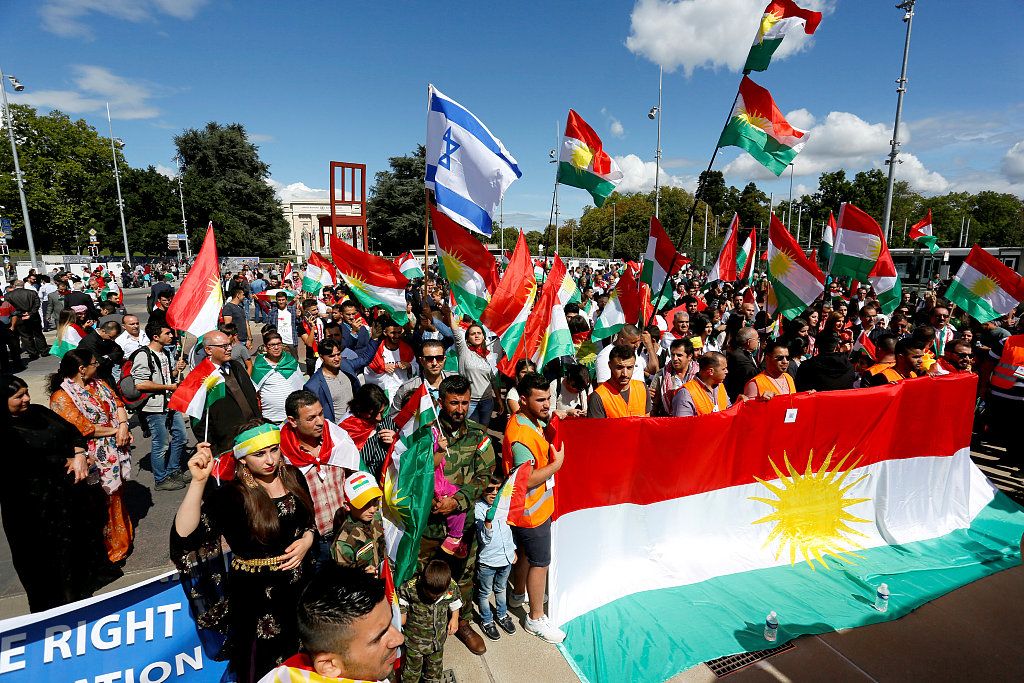


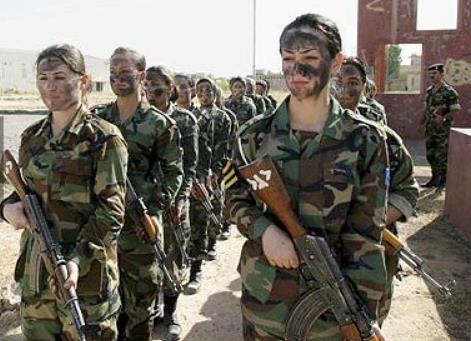


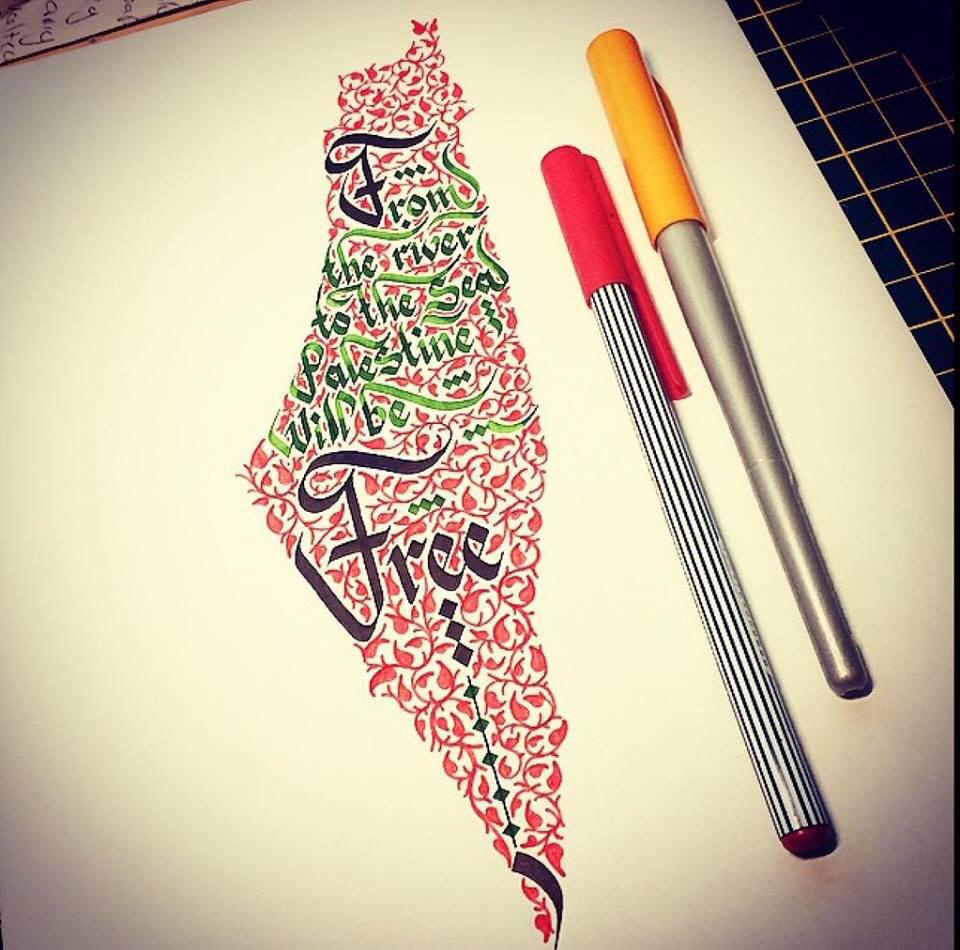

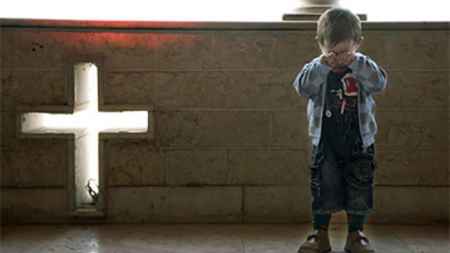






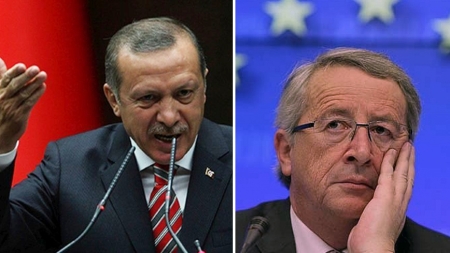



Recent Comments